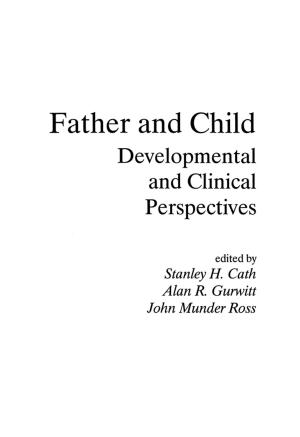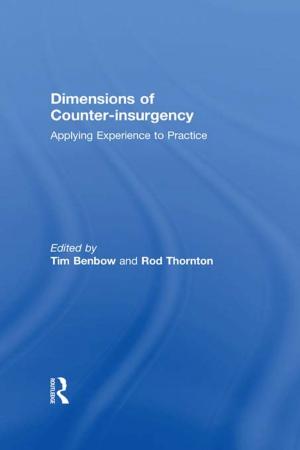Ethics in Governance in India
Nonfiction, Social & Cultural Studies, Social Science, Cultural Studies, Ethnic Studies, Political Science| Author: | Bidyut Chakrabarty | ISBN: | 9781317329084 |
| Publisher: | Taylor and Francis | Publication: | March 31, 2016 |
| Imprint: | Routledge | Language: | English |
| Author: | Bidyut Chakrabarty |
| ISBN: | 9781317329084 |
| Publisher: | Taylor and Francis |
| Publication: | March 31, 2016 |
| Imprint: | Routledge |
| Language: | English |
Governance and ethics are intertwined. A government functions within certain broad moral and ethical parameters, integrally linked with the sociological foundation of the polity in which it is articulated. The importance of ethics in governance has acquired a significant place in contemporary theoretical discussion.
This book situates ethics in governance in India in the national frame and incorporates the context of globalization, allowing for the increasing importance of non-state global actors in national decision making. The author argues that a lack of ethics quickly turns into corruption and leads to governmental efforts to deal with it. He proposes that ethics are a set of standards that a society places on itself to articulate its responses to societal needs, and discusses the efforts of the Indian government at eradicating corruption and its failure.
A theoretical approach to the issues of ethics in governance and corruption, this book is of interest to academics in the fields of Asian Politics, in particular Indian politics, and political philosophy.
Governance and ethics are intertwined. A government functions within certain broad moral and ethical parameters, integrally linked with the sociological foundation of the polity in which it is articulated. The importance of ethics in governance has acquired a significant place in contemporary theoretical discussion.
This book situates ethics in governance in India in the national frame and incorporates the context of globalization, allowing for the increasing importance of non-state global actors in national decision making. The author argues that a lack of ethics quickly turns into corruption and leads to governmental efforts to deal with it. He proposes that ethics are a set of standards that a society places on itself to articulate its responses to societal needs, and discusses the efforts of the Indian government at eradicating corruption and its failure.
A theoretical approach to the issues of ethics in governance and corruption, this book is of interest to academics in the fields of Asian Politics, in particular Indian politics, and political philosophy.















